PRESERVING A MILITARY LEGACY FOR FUTURE GENERATIONS
The following Reflections represents SGT Richard Gilpin’s legacy of his military service from 1967 to 1969. If you are a Veteran, consider preserving a record of your own military service, including your memories and photographs, on Togetherweserved.com (TWS), the leading archive of living military history. The following Service Reflections is an easy-to-complete self-interview, located on your TWS Military Service Page, which enables you to remember key people and events from your military service and the impact they made on your life. Start recording your own Military Memories HERE.
Please describe who or what influenced your decision to join the Army.
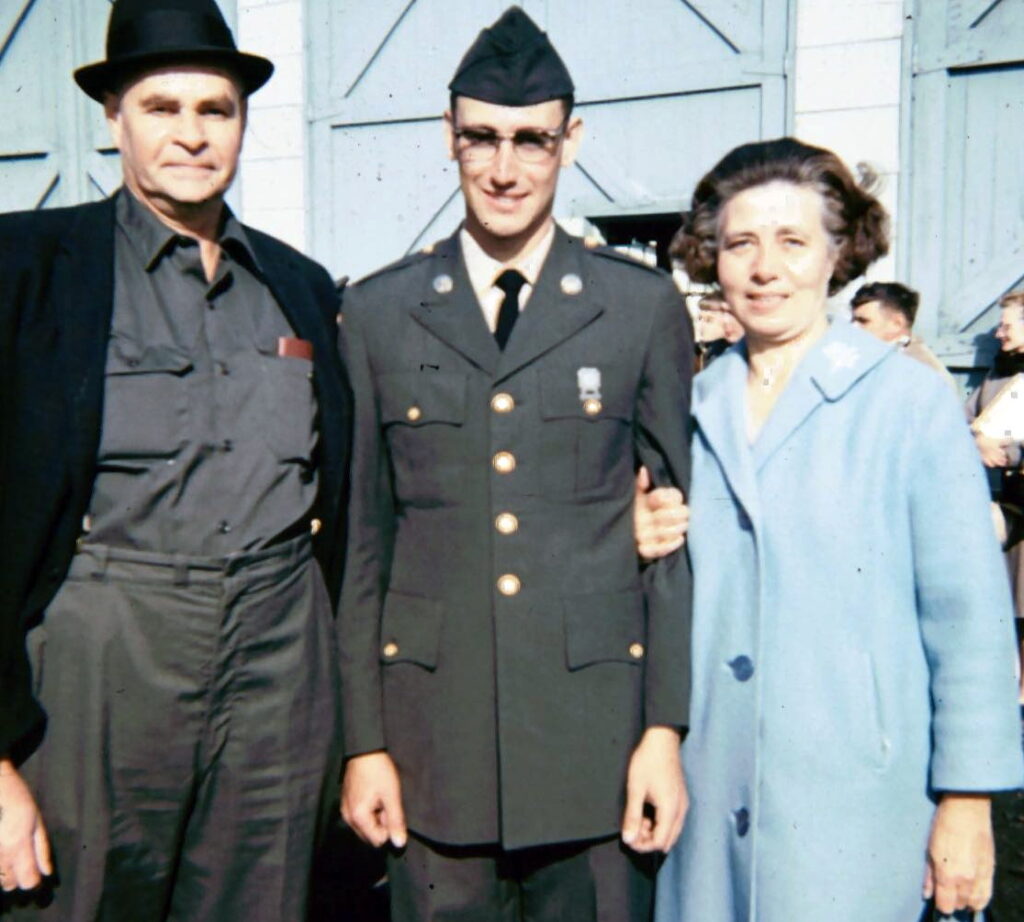
My draft board selected me twice for service while I was attempting to get my college degree. The first time in December 1966, I was able to receive a deferment through the end of the school year. Then, in the summer of 1967, I received the next draft notice and reported on August 27th.
Whether you were in the service for several years or as a career, please describe the direction or path you took. What was your reason for leaving?
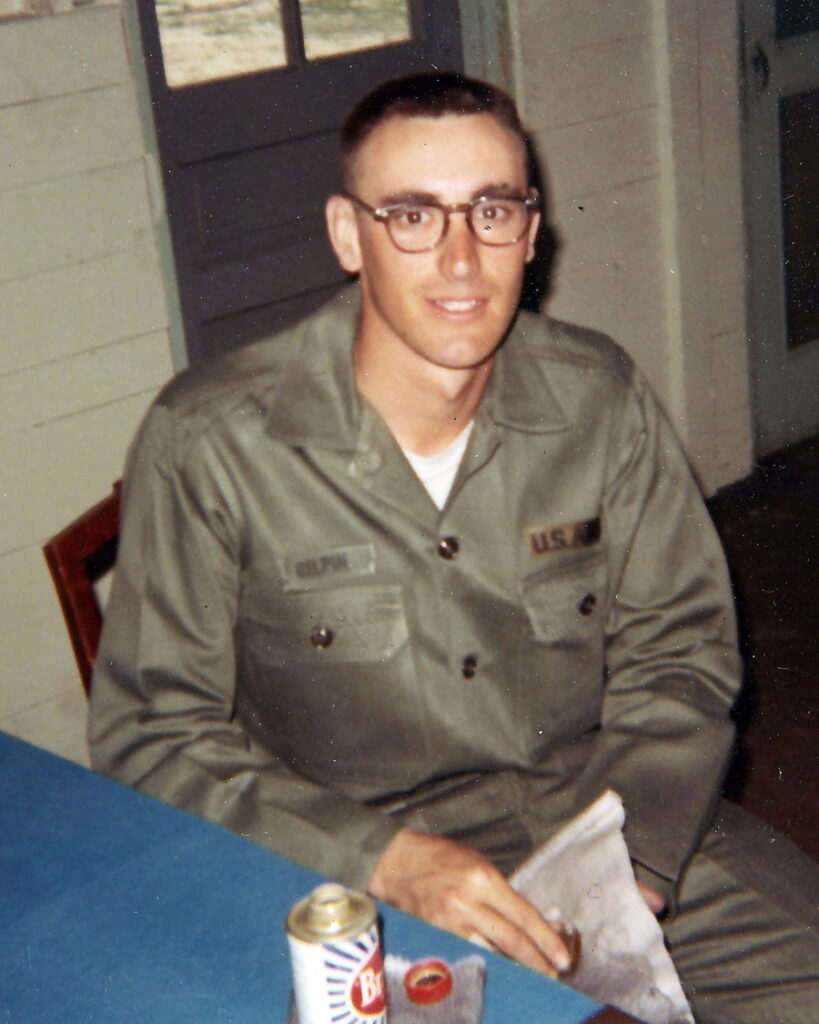
On entrance tests, I qualified for OCS. However, I did not trust my leadership skills to take that direction. The course of manpower needed then directed my selection into Advanced Infantry training out of Basic. During AIT at Fort Polk, my Company Commander convinced me to get additional ‘seasoning’ before certain deployment to Vietnam by attending Non-Commissioned Officer Candidate School at Fort Benning. I continue to recall favorably his advice that I acted upon as it was excellent additional training. My MOS after NCOC school was 11C20 (Infantry with Mortar Training), as I completed the course but did not graduate Sargent E-5. I was assigned to the 11th Armored Cavalry Regiment when arriving in Vietnam and was promoted after five months to E-5 Sargent. Fortunately, I was in such a great unit, yet I desired to continue my education outside the Army following my return to the States.
If you participated in any military operations, including combat, humanitarian and peacekeeping operations, please describe those which made a lasting impact on you and, if life-changing, in what way?
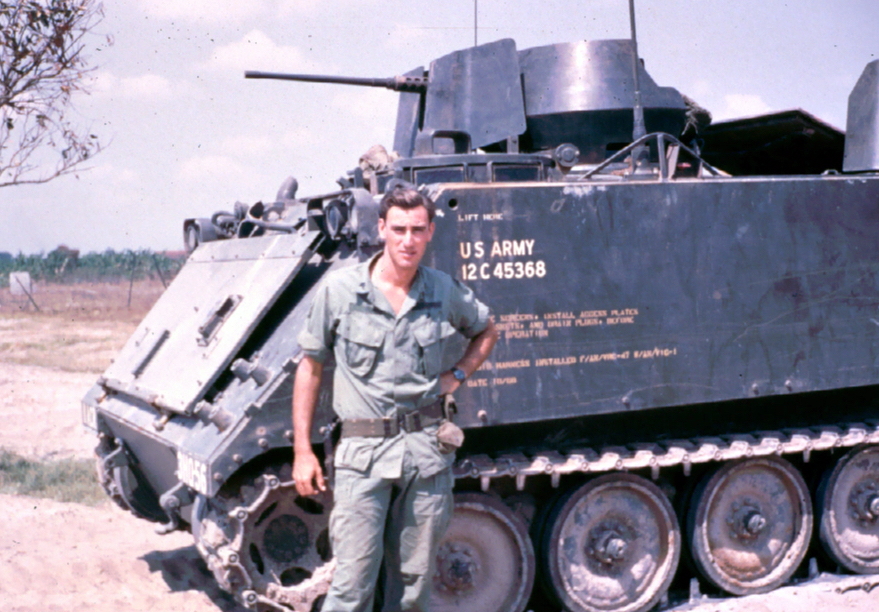
In September 1968, after securing and returning with a mine-damaged vehicle, we were faced with doing mine sweeps while returning down an unsecured road to our base. At one point, we observed a mine being placed on the road several hundred meters ahead of our route; we were unable to recon by the fire directly down the road as a village was just beyond, so we retained our fire until adjacent to the activity when then we could fire out toward where the VC had gone when fleeing. Later in the dark, we received small arms fire and indirect mortar fire alongside the road. We returned fire but sped past the ambush killing zone with no casualties. For this action, I was nominated and awarded the combat infantry badge. In later actions, I saw many fatalities, mostly enemy, and was mortared and rocketed at a couple of Fire Support Bases. Our vehicle captured an NVA Captain doing recon outside FSB Holiday Inn. I witnessed a couple of B-52 Arc Light strikes, one of which, at FSB Doc near the Michelin Rubber plantation, was deployed within 2 kilometers of our position. I did some road convoy support on Highway 13 (Thunder Road) going toward the towns near the Cambodian border. There were constant ambushes on that road. However, I only observed one, which was taking place a couple of kilometers north of where I sat, waiting for the action to clear before proceeding up the road. Constantly wondering if we might run over a mine made me averse even to this day to returning down the same road initially traveled. I was fortunate to be able to assist civilians on a couple of occasions and realized the value of freely giving of my time whenever I have been able to for most of my life.
Did you encounter any situation during your military service when you believed there was a possibility you might not survive? If so, please describe what happened and what was the outcome.
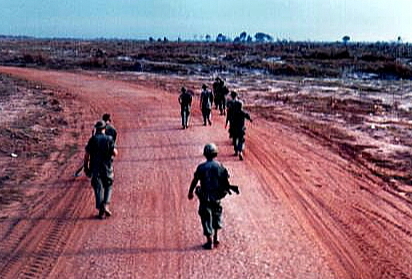
There was a possibility during a lot of the time I served in Vietnam that I might not survive, either from road mining incidents, ambushes, or indirect fire, or even once a sniper from the village outside our wire at Bandit Hill. Even friendly fire was a danger. I once had a .50 caliber round zip over my head while working a landing zone outside a small base perimeter. A tank had returned after action and had not cleared their machine gun, and the round evidently ‘cooked off.’ I heard a yell of ‘sorry’ from a tank crew member. Most of the time, I actually felt more secure when with our armor units in the ‘bush’ than in bases. Yet, there was constant fear of sappers sneaking up on us in either type of situation. Being on ambush patrol felt especially dangerous. I only did foot ambushes a couple of times but also mounted ambushes with only two armored vehicles, which was particularly stressful as we would have to run our vehicle engine at least once at night to recharge batteries. The first time I took one of those patrols out, I decided to break up our vehicle profiles by parking in bushes – which did not last long as we opted to park in a more open area after large red ants swarmed us from the bushes. I felt so fortunate we never struck a mine, but I was nearby three times. The first time as the first on-arrival reaction force when a solo armored vehicle hit a mine returning on a road that had just that morning been traveled by dozens of vehicles. The second time, we were behind the engineer track and mine sweep team when they set off a side-of-the-road claymore-type device when attempting to extract a mine from the road. The third time was two weeks before departure from Vietnam when a lead tank I was following with a large armored force hit a mine in the middle of nowhere near the Cambodian border. It did not harm the crew; it just broke a track. However, if our less armored vehicle had hit it, the results could have been much more drastic.
Of all your duty stations or assignments, which one do you have fondest memories of and why? Which was your least favorite?
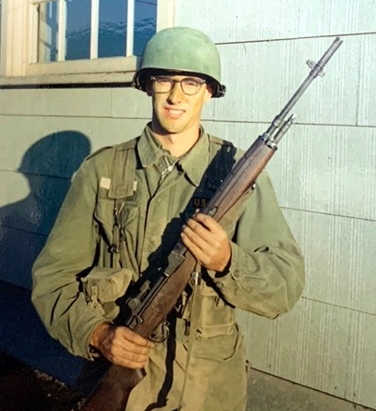
I fondly remember marching through the fog with a drummer providing cadence count at Fort Lewis in the fall of 1967. For some reason, I felt a part of the history of the Army during those times, reflecting on all those who had marched since the Revolutionary War. At Fort Polk, while I liked the pine forest setting, it was unsettling as everyone knew their next stop was Vietnam – probably the place I liked least. Vietnam itself gave me very mixed feelings. There was great natural beauty to the country, and those Vietnamese I directly dealt with seemed all honorable and of remarkable spirit. Of course, the danger of not knowing who might be the enemy was somewhat constant. I never felt I would not survive, though.
From your entire military service, describe any memories you still reflect back on to this day.
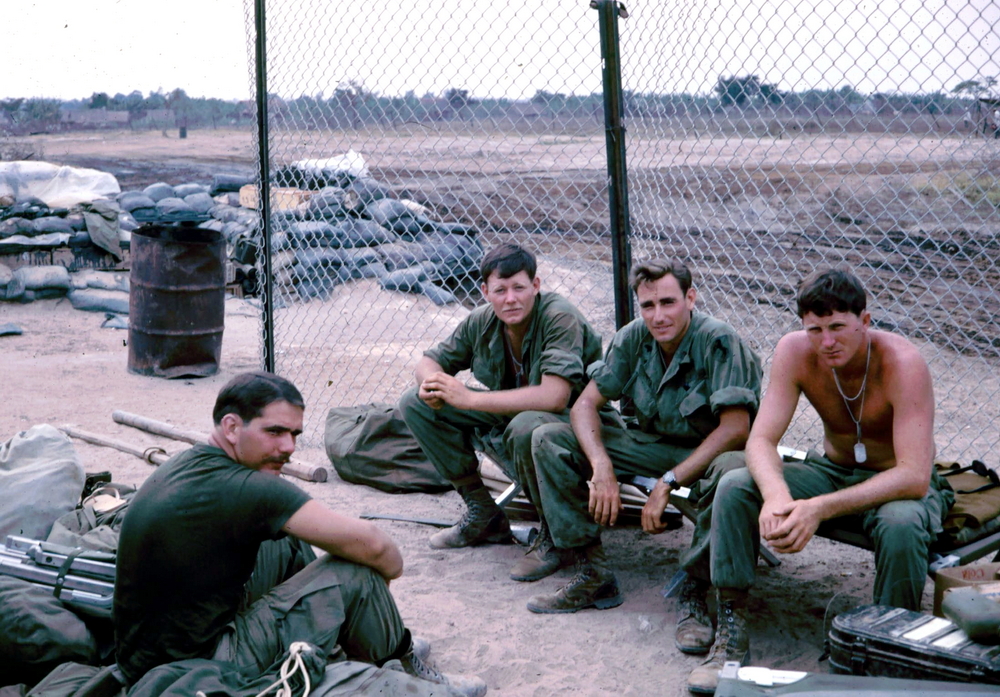
I always first recall the greeting at my unit after assignment to it by Smitty, who was acting squad leader of our security section of tracks (ACAVs). He was from Kentucky, and I was from Oregon, and I probably looked at least very apprehensive, if not scared. He put his arm around my shoulders and said it was okay. This was a good unit with good people, and it was the best duty I could be assigned. He left the country within two weeks of my arrival, but the confidence he instilled with his simple actions and words let me know that I would survive and go home.
What professional achievements are you most proud of from your military career?
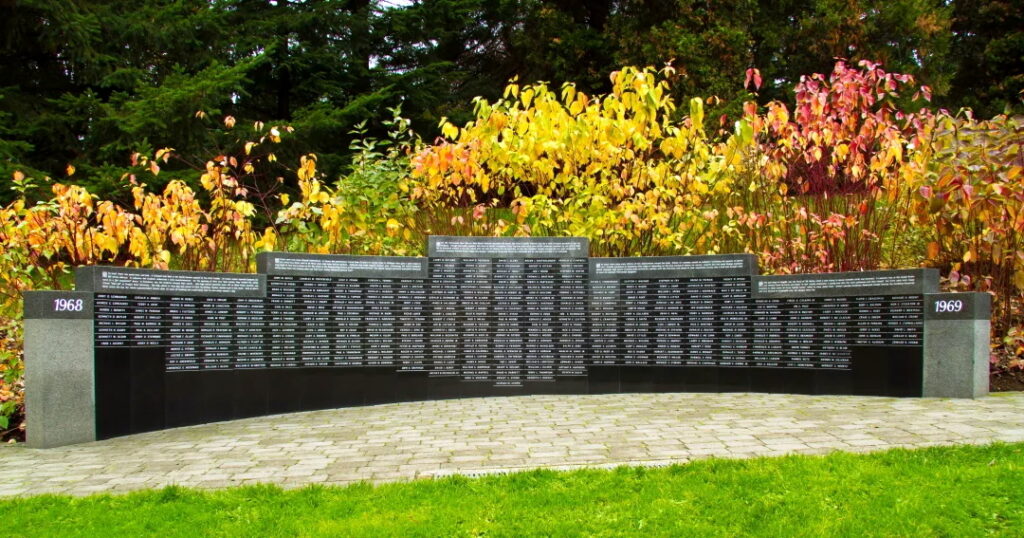
I am extremely proud to have served in a combat role with the 11th Armored Cavalry Regiment. I am very proud to have served my country regardless of the initial involuntary nature of my joining. Being in the Army gave me confidence and a mostly calm ability to face and overcome many obstacles in my life. Being awarded the combat infantry badge for facing enemy fire is one of my most significant lifetime achievements. I had been a math major in college, yet I was so glad to have met so many wonderful fellow soldiers during my brief service. I was only in the Army for one year and ten plus months as they gave me an early discharge on returning from my year in Vietnam. I did not serve long enough for many achievements (though just surviving a year in a combat zone is a good achievement), yet my service gave me the mental strength to achieve a 37-year career in computers afterward. It allowed me to attend the dedication of the wall in 1982 and then join other Oregonians in the following years to create a memorial here in Oregon dedicated (in 1987) to those who served and who we lost during that time. I remain on the board of directors of that group even today. My service enabled me to see the value and purpose in life to volunteer to help others continually. I went on to do volunteer tutoring of Vietnamese immigrants during most of the 1990s, families of South Vietnamese officers who had spent 10-15 years in re-education camps and were then being allowed to come to the United States. I have spent these last twenty-some years volunteering at a Buddhist temple in Portland, Oregon. In 2015, I was ordained a Buddhist monk, and in 2018, I was named Lama of our temple. I believe my Army experiences and training greatly benefited my path through all of this.
Of all the medals, awards, formal presentations and qualification badges you received, or other memorabilia, which one is the most meaningful to you and why?
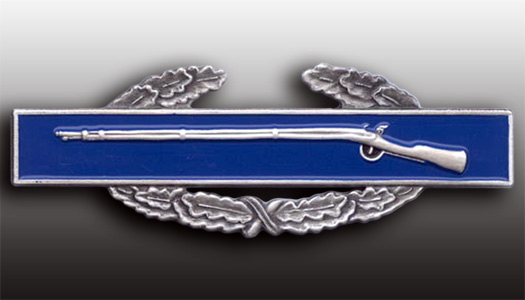
The most meaningful award I received was the Combat Infantry Badge, representing my enduring and surviving hostile fire.
Which individual(s) from your time in the military stand out as having the most positive impact on you and why?
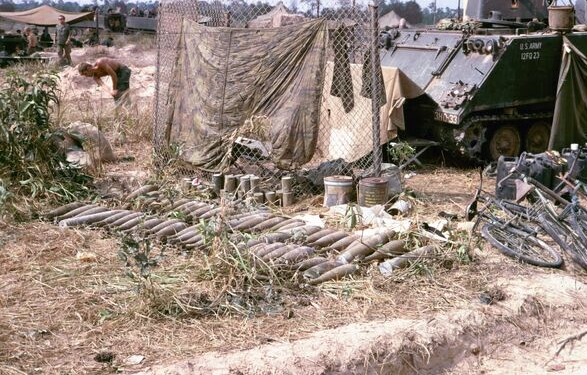
My Basic Training Drill Instructors, Sergeants Lee and Harris are both from Virginia: my Advanced Infantry Company Commander, Captain Prysbilski. My section leader, Smith, broke me into our troop in Vietnam. My Squadron commander at the time, Lt. Col. McEnery (later commanding Maj. Gen. of the 101st Airborne Division). He was awarded the DSC in Vietnam in March 1969 in the Michelin Rubber Plantation during my time of service. Col. Patton (of the famous family), our Regimental Commander, during most of my tour. He looked out for his troops and kept us safe by constantly attempting to push offensively against the enemy – thereby ensuring we never became ‘sitting ducks.’
List the names of old friends you served with, at which locations, and recount what you remember most about them. Indicate those you are already in touch with and those you would like to make contact with.
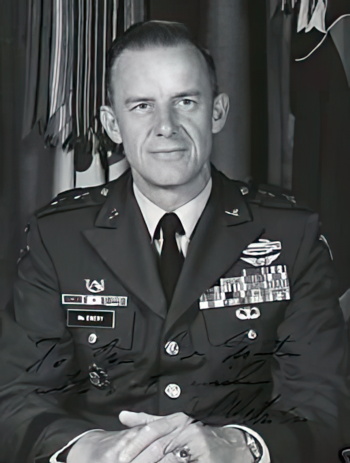
Bob Hawthorne – track driver – the best, from the south
Barry Davis – later section lead on HQ66, great sense of humor, very good at his job, gave me the nickname ‘biggy rat’ (from Rocky and Bullwinkle at the time) because of the sunglasses I frequently wore.
Sanh – our interpreter, tried to teach me Vietnamese
Jim Ruggles – came to show movies at Holliday Inn from Oregon; we got mortared after the movie.
Ferguson – from New York, drove me crazy by not following driving instructions but was a good driver.
Terry Duke – from Missouri, on another security track, but very good guy
Bailey drove the HHQ Captain’s jeep and then transferred to my track as a gunner when a new officer took over our HHQ troop. From North Carolina, hard worker. Jumped off track and disarmed enemy soldier holding hand grenade in rice paddy at night outside Holiday Inn.
Ken Parker – 60 gunner, then driver of our 3HQ33 ACAV, quiet but very good and effective at the job.
Col. Patton – Regimental commander – gave a speech to our squadron prior to my first road march to the field from Blackhorse base camp.
Lt. Col. McEnery – performed an IG inspection on my track at basecamp; soft-spoken but excellent leader, opposite Col. Patton in personality, but both effective leaders.
I have never been able to reconnect with any of these, except sat at the same table at a regimental reunion 24 years later with Lt. Col. McEnery (then retired Lt. General). He was a very gracious person and said his time with our unit was his most precious memory. He had served in the horse Cavalry. Colonel (retired General) Patton was there also, although I never got the opportunity to approach him. The former Colonels of the Regiment at that Las Vegas reunion all sang together the Regimental song – ‘The Best Damn Regiment you will ever see…’.
Can you recount a particular incident from your service, which may or may not have been funny at the time, but still makes you laugh?
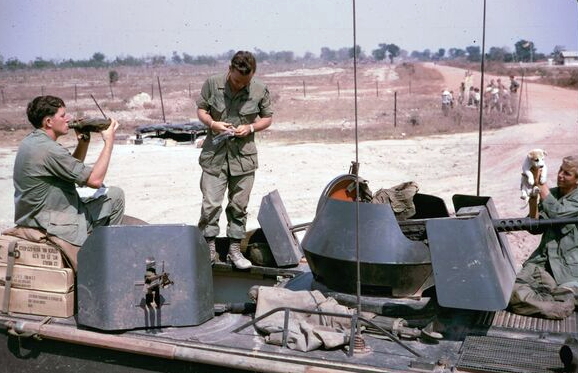
On the first ambush we encountered in the dark when returning down an unsecured road, I had an American Sergeant advisor and several ARVN troops on the back of my ACAV. His men opened up with their rifles pointed straight into the air, and he tried to fire the M-60 machine gun he was beside. The M-60 would only fire one round, and he would have to re-cock it. Fortunately, we drove through the ambush without casualties and returned to base. After cleaning the M-60 the day before, I realized afterward that I had inadvertently reversed the gas plug, which caused the single-shot action. Fortunate was I that I could laugh and learn from the experience as there was no ill consequence to my inadvertent action (we had been trained on never doing that on reassembly).
What profession did you follow after your military service and what are you doing now? if you are currently serving, what is your present occupational specialty?
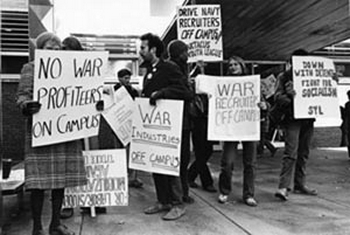
I tried to finish my math degree with three attempts, but protests and riots over the war at my college disturbed me too much. I was working as a night guard at a large 15-story department store in downtown Portland and kept taking up a businessman to the Data Processing department almost every night. I talked to him, and he hired me for an early shift data entry position in his department due to my math background. That started a 37-year career in Information Technology, mostly working for only three companies. I first was a computer operator, then a programmer, then a programmer analyst, a business system designer, and a data analyst specializing in database structure and data integration. I spent the last eight years supervising and managing people – especially offshore and onshore technical support from WIPRO in India. My team helped stabilize a large IBM mainframe 4th-generation system, going from consistent downtime to having no downtime for over 180 days. I am now retired but became ordained in 2018 as a Buddhist Lama.
What military associations are you a member of, if any? what specific benefits do you derive from your memberships?
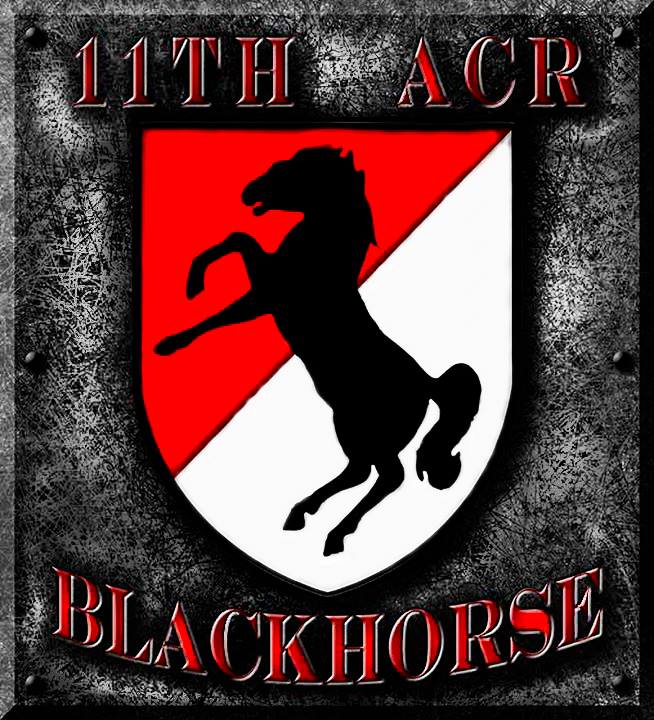
Lifetime member of 11th ACVVC – 11th Armored Cavalry Veterans of Vietnam and Cambodia (for close to 30 years).
Lifetime member of the 11th Armored Cavalry Regimental Association.
Lifetime member of DAV – Disabled Veterans of America since Agent Orange heart disease in 2012 after 4-way Heart bypass surgery.
Recent Lifetime member of VFW – after overcoming long resistance due to poor reception by the group after Vietnam service. I have joined in honoring my late friend Ben Stanley, who was a member and a tremendous asset during our building of the Oregon Vietnam Veterans Memorial.
Now a lifetime member of TWS.
In what ways has serving in the military influenced the way you have approached your life and your career? What do you miss most about your time in the service?
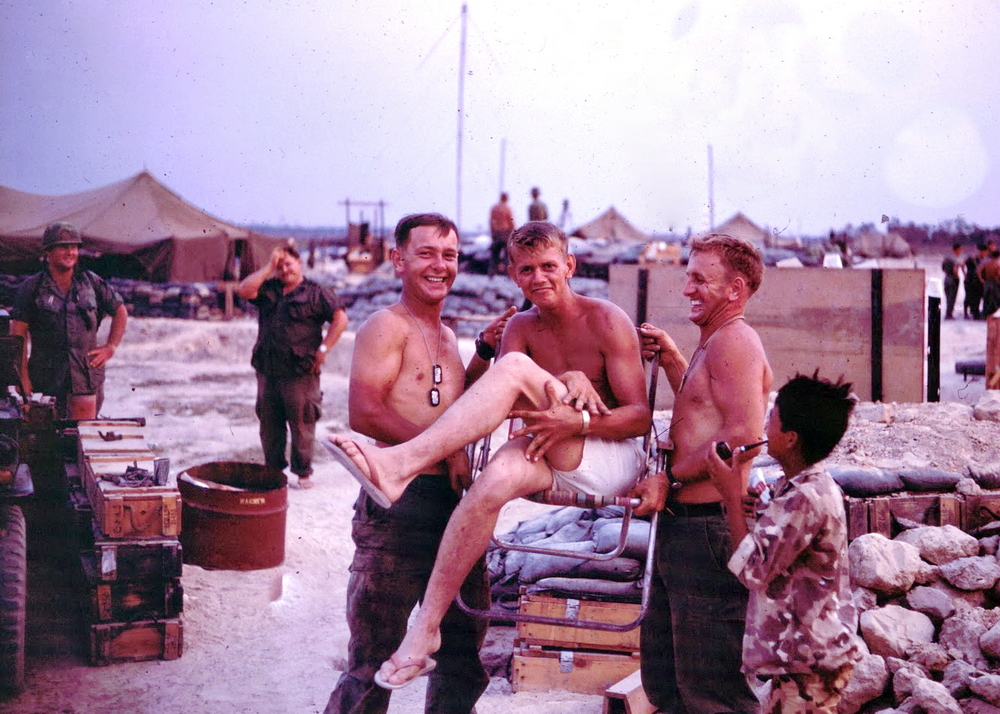
My service gave me the ability to understand that we can achieve great things when we have a mind and will to do so. It increased my confidence greatly to have survived in combat and eventually (after some personal difficulties) become a person of honor and integrity with pride in my military service. Like in Vietnam, sometimes I can see a great obstacle and realize there is a way to see it such that it becomes an opportunity to succeed where initially it looked like an immediate failure.
I miss the closeness and camaraderie where we had to care for each other. I greatly admire soldiers who would not hesitate to move to protect their fellow troopers. I miss the rush of adrenaline when anticipating combat. I miss when your every action might mean the difference between life and death for you or others. I miss the tremendous boredom when I had no assignments. I miss the ‘mail call.’ I miss the ‘saddle up’ call. I miss following tanks ‘busting jungle.’ I miss the energy and spirit of the Cavalry. I never thought I would, but I miss putting my life on the line for my fellow troopers and for my country.
Based on your own experiences, what advice would you give to those who have recently joined the Army?
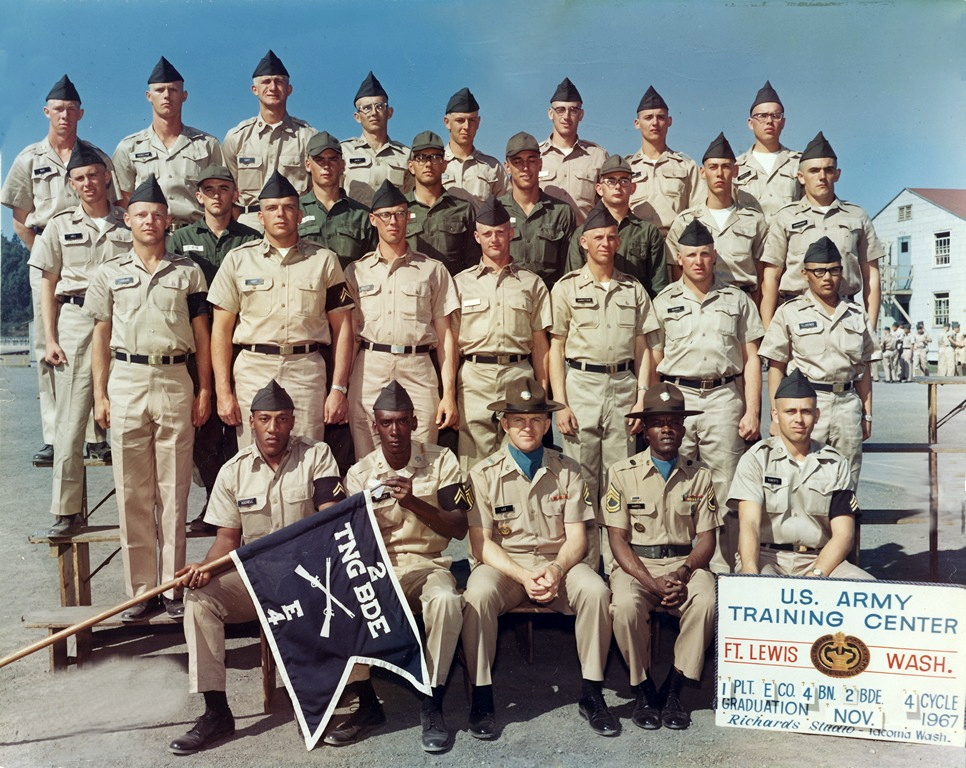
Take it seriously. Learn all you can. Especially learn “the rules and regulations.” They can be stepping stones and not stumbling blocks. It’s time well spent, and you get as much out of it as what you want to put into it. Don’t worry, “This too Shall Pass”.
In what ways has togetherweserved.com helped you remember your military service and the friends you served with.

It has provided me an opportunity to put down in writing many of my thoughts about my military service and recall the good things about the people I served with. It has provided an opportunity for me to reaffirm my pride in my service and how it made me a better person, even though I only served relatively briefly.
PRESERVE YOUR OWN SERVICE MEMORIES!
Boot Camp, Units, Combat Operations
Join Togetherweserved.com to Create a Legacy of Your Service
U.S. Marine Corps, U.S. Navy, U.S. Air Force, U.S. Army, U.S. Coast Guard

0 Comments